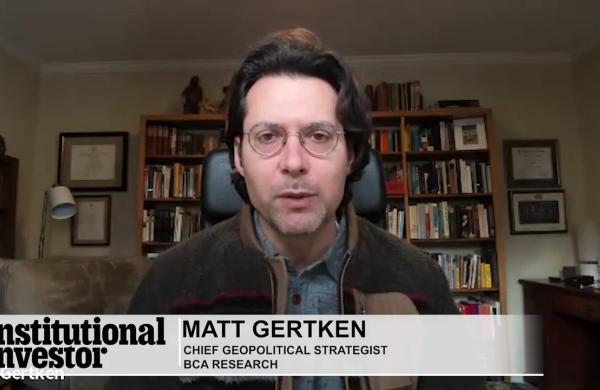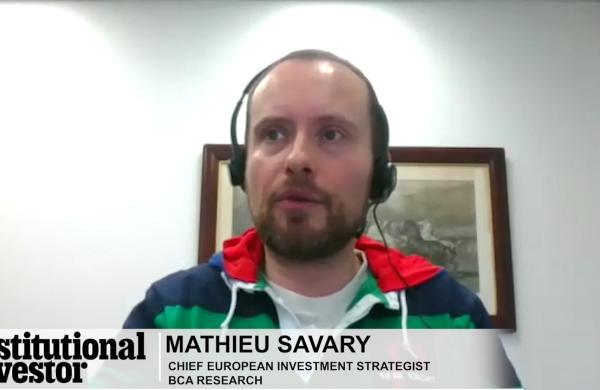Four years ago Gerhard Schröder made a bold promise: Unemployment in Germany would fall from 4.2 million to 3.5 million by 2002. To prove he was serious, candidate Schröder said he wouldn't deserve to be reelected if he couldn't achieve this goal.
By Tom Buerkle
September 2002
Institutional Investor Magazine
As he enters the final stretch of his reelection campaign, Chancellor Schröder no doubt regrets setting such an ambitious target. Unemployment has risen steadily for 18 of the past 19 months and now exceeds 4 million, or nearly 9.9 percent of the German workforce. The shortfall is the biggest reason Schröder's Social Democratic Party trails the Christian Democratic UnionChristian Social Union coalition led by Bavarian premier Edmund Stoiber.
The recent surge in the unemployment rate has made labor reform a pivotal election issue and prompted Schröder to cobble together a last-minute package of measures aimed at creating jobs. Whoever prevails on September 22 will have no choice but to tackle the issue. The high cost of Germany's recent catastrophic floods, which prompted Schröder to postpone a big income tax cut, makes the case for reform even more pressing. But the winner will also find it very difficult to make the radical changes to Germany's tax and benefits system needed to fulfill Schröder's 1998 campaign pledge.
The chancellor sought to regain the initiative on labor reform last month by promising to enact a 13-point plan drafted by a group of business, union and government experts headed by Peter Hartz, the personnel director of Volkswagen. The proposals would turn the Federal Labor Office into more of a job placement agency than a distributor of benefits, its main role today. They also would lift some restrictions on temporary work, put more of an onus on the unemployed to take available jobs, lift the threshold for tax and social security charges on low-paid jobs and use government-backed bonds to offer cheap loans to companies that hire workers in eastern Germany.
Some of the Hartz proposals, such as revamping the Labor Office, certainly have merit. But many are retreads of old ideas. The program effectively calls for sharing the available amount of work more widely -- something Hartz has done at VW by promoting flexible working hours -- or throwing added government subsidies at eastern Germany. The commission rejected as too controversial cutting benefits sharply to encourage the jobless to seek work and allow the government to cut payroll taxes.
"It's much too little,'' says Alex Nitschke, an economist at the German Chambers of Industry and Commerce. He believes that what will create jobs is a more competitive environment -- including greater freedom to hire and fire, more flexible wage bargaining and lower taxes on small and medium-size enterprises. "That should be the most important topic," Nitschke says, "but nobody talks about it." Reductions in benefits or job security are unpopular with voters.
Stoiber has recruited the formerChristian - Democratic - state - premier-turned-industrialist, Lothar Späth, to head up a combined Economics and Labor Ministry and push labor reform if he wins. But Stoiber's record in Bavaria consists more of state sponsorship of industry than real economic liberalism. The previous CDU government of Helmut Kohl failed to push effective labor reforms during its 16 years in office. "The electorate is a problem," says Michael Grömling, an economist at the Institute for German Business Research in Cologne. "Maybe no one is willing to pay the price" of labor reforms.
Some new ideas have emerged in the campaign. The liberal Free Democratic Party, which hopes to form a coalition with either Stoiber or Schröder, has proposed tax incentives to lure German savings back from offshore tax havens. The incentives would apply so long as the returning funds go toward job creation.
The best that can be said is that the Hartz commission has focused attention on reform. "At least it has opened a kind of window," says Nitschke. "Reforming the labor market was a taboo topic. Now Schröder and the SPD have accepted that something has to be done."





